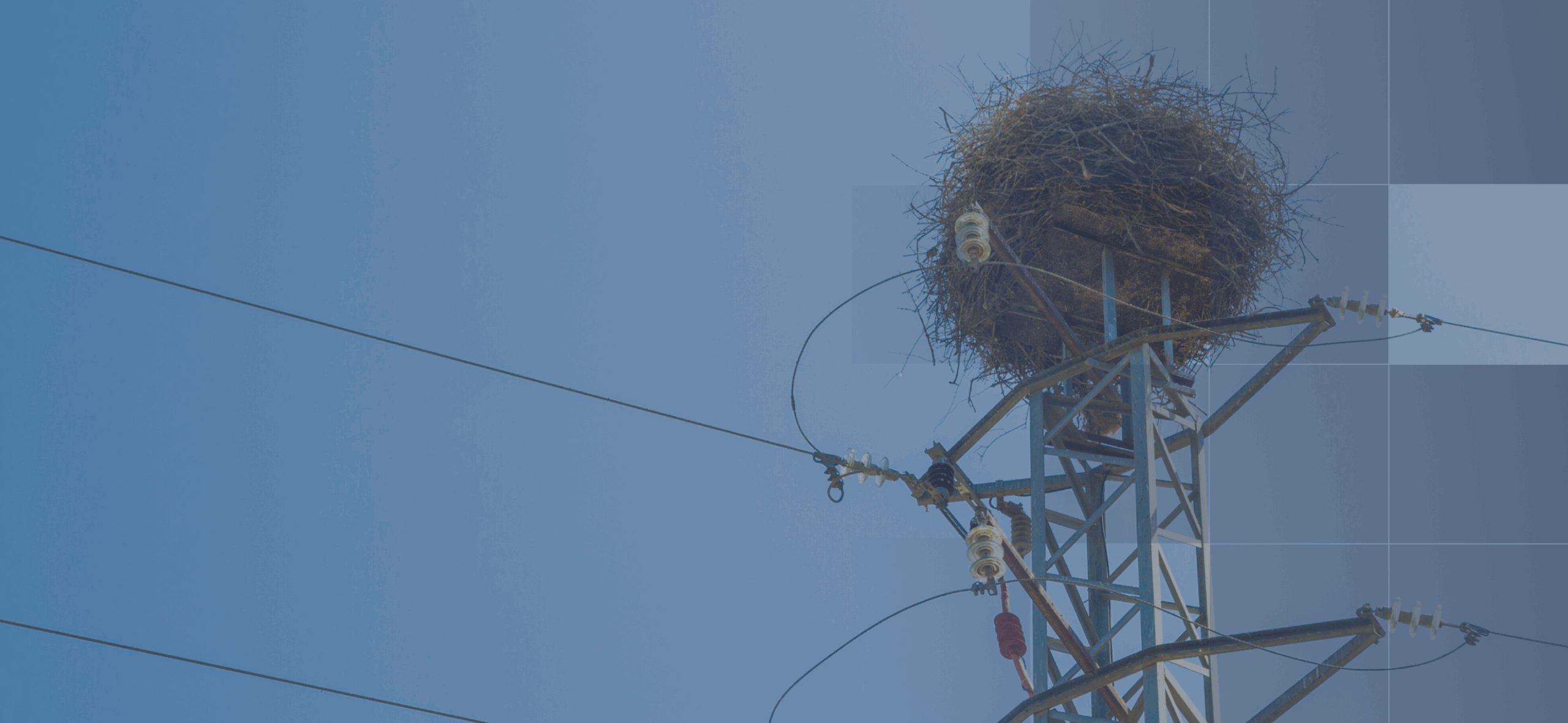As part of the RISKY project, RGI calls for grid operators, NGOs and scientists to investigate how bird mortality data is gathered and shared. The goal of the project is to develop a global, open-access platform that consolidates wildlife global mortality data and develops analytical tools.
Since January 2025, RGI is working with research organisations and the Global Biodiversity Information Facility (GBIF) within the RISKY project. The project aims to:
01
Create an open-access platform to bring together global wildlife mortality data around energy and transport infrastructure
02
Provide analytical tools to predict collision & electrocution risk
03
Generate sensitivity maps for planning
04
Support smarter, cost-effective mitigation strategies
The project consortium is made up of four leading research institutions, including Portuguese biodiversity experts, CIBIO/BIOPOLIS, the Global Biodiversity Information Facility (GBIF) branches in Portugal and Spain, and RGI. The initial round of this 2-year project is funded by OSCARS (Open Science Clusters’ Action for Research and Society) under the Horizon Europe programme.
RGI’s role within the project is to act as a bridge between the scientific community and grid operators, facilitating the exploration of options for collaboration and data exchange. In that context, RGI is currently running a survey, to better understand how grid operators, NGOs and researchers currently collect and share wildlife mortality data and what conditions could enable greater collaboration in future.
The RISKY website was launched in September and over time will host open-access mortality datasets, aligned with the GBIF, bespoke analytical tools on mortality risk and population impact, freely downloadable sensitivity maps, a curated library of recent scientific literature and a compilation of citizen science apps by country.
contact
Manon Thiel
manon[at]renewables-grid.euManager – Energy and Nature






